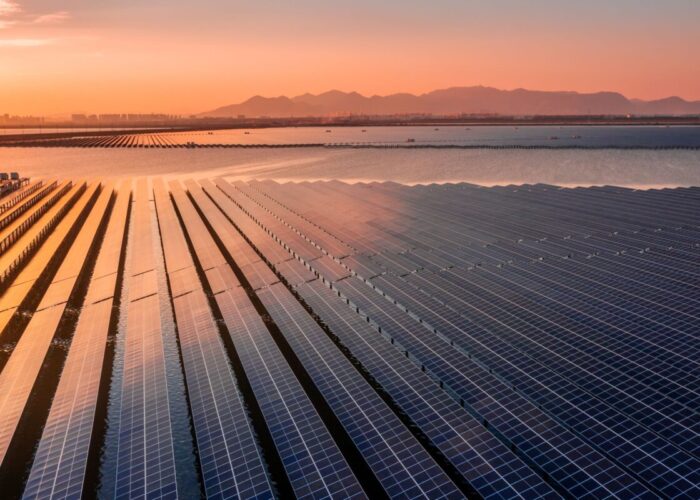China is planning to create a ‘green certificates’ market to promote renewable energy and reduce its use of fossil fuel-based power, under proposals from the country's National Energy Administration (NEA).
The aim is for power generators to be able to trade ‘renewable energy green certificates’, which account for the share of renewable energy that they generate, excluding hydroelectric power.
Unlock unlimited access for 12 whole months of distinctive global analysis
Photovoltaics International is now included.
- Regular insight and analysis of the industry’s biggest developments
- In-depth interviews with the industry’s leading figures
- Unlimited digital access to the PV Tech Power journal catalogue
- Unlimited digital access to the Photovoltaics International journal catalogue
- Access to more than 1,000 technical papers
- Discounts on Solar Media’s portfolio of events, in-person and virtual
The NEA plans for non-hydro-based renewables to account for 15% of the country’s total energy mix by 2020, up from 12% at present. Furthermore, power producers are expected to have at least 9% of their electricity generating capacity coming from non-hydro-based renewables by the same year.
An NEA statement said: “Renewable electricity green certificates can be traded in accordance with market mechanisms through certificate trading platform.
“Green certificate holders are encouraged to participate in carbon emissions trading and energy savings transactions.”
The most established renewables technologies of solar and wind are likely to be the major beneficiaries of the ‘green certificates’ trading mechanism, given the exclusion of hydro-power. The vast wind potential in China means that the trading scheme is unlikely to benefit PV alone, even though China recently became the world’s largest producer of solar PV power by adding 15.13GW in 2015 and overtaking traditional solar powerhouse Germany.
The system appears to have similarities with the Renewable Energy Certificates (RECs) scheme in the US. China and the US agreed to collaborate on renewable deployment policy as part of their energy partnership agreed in the run-up to the Paris climate talks.







